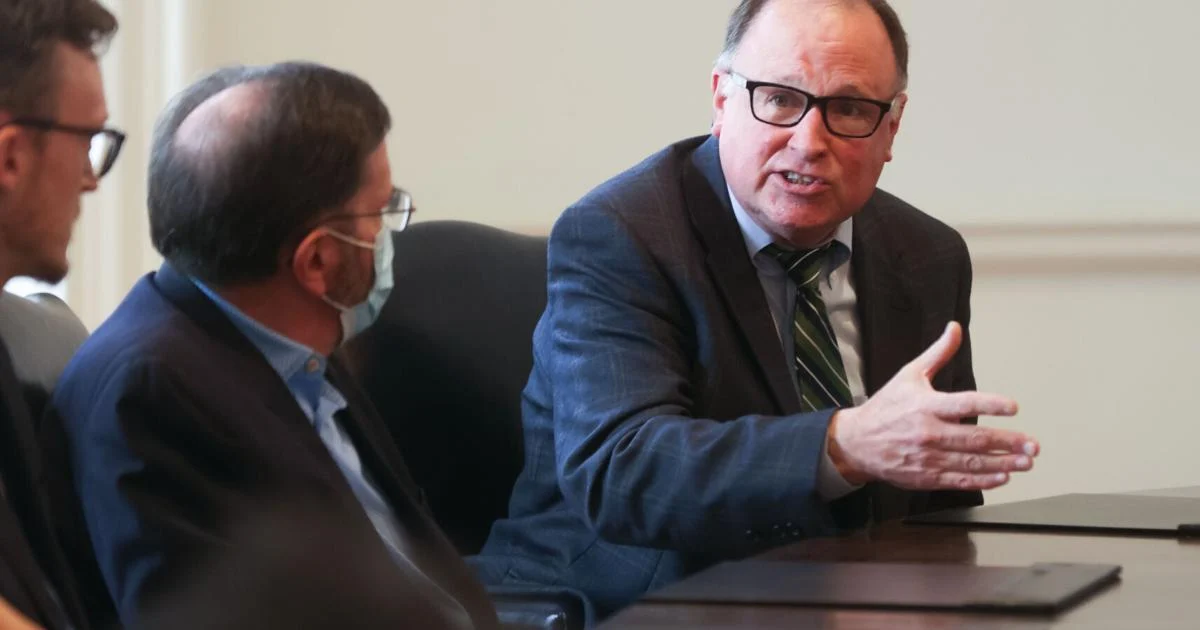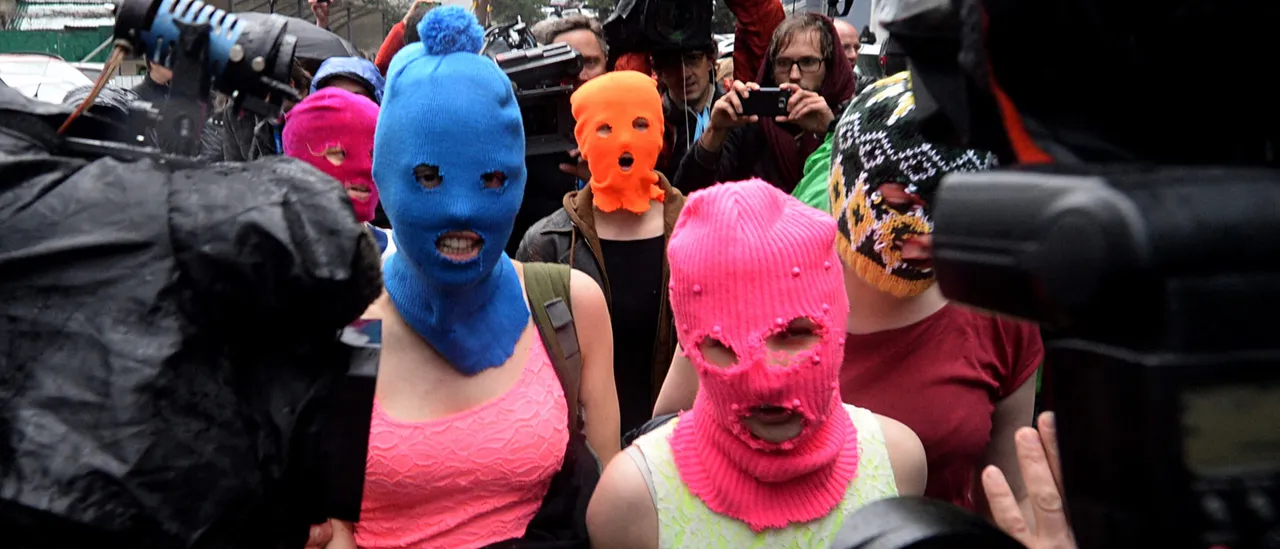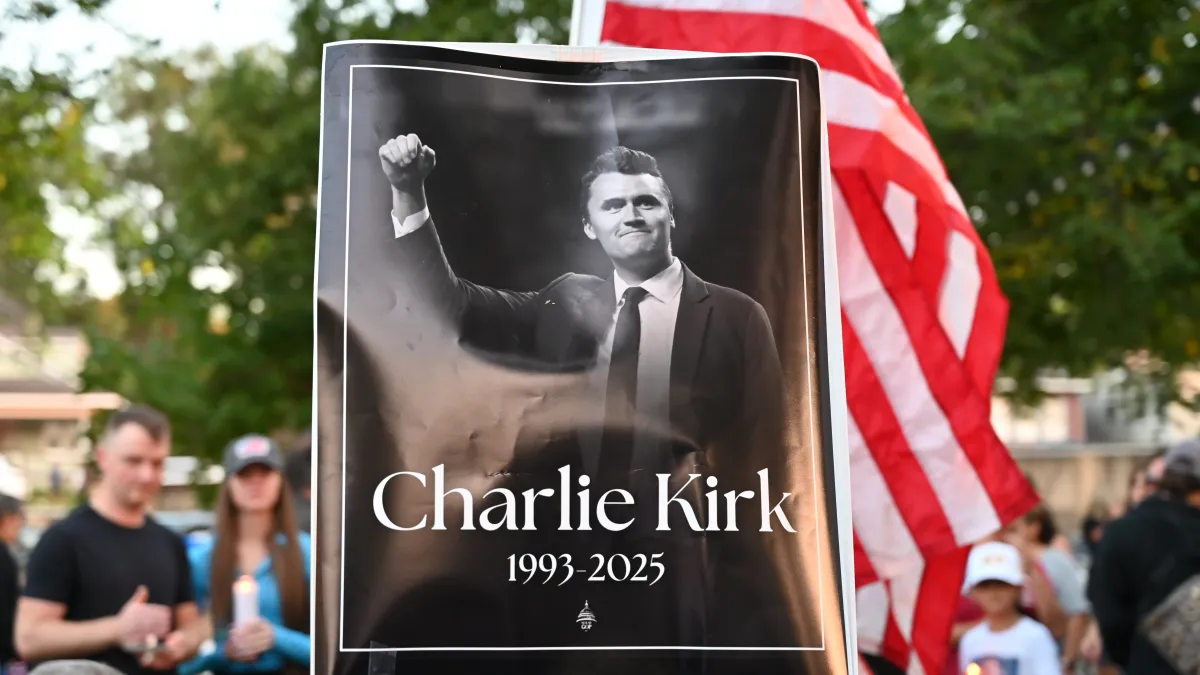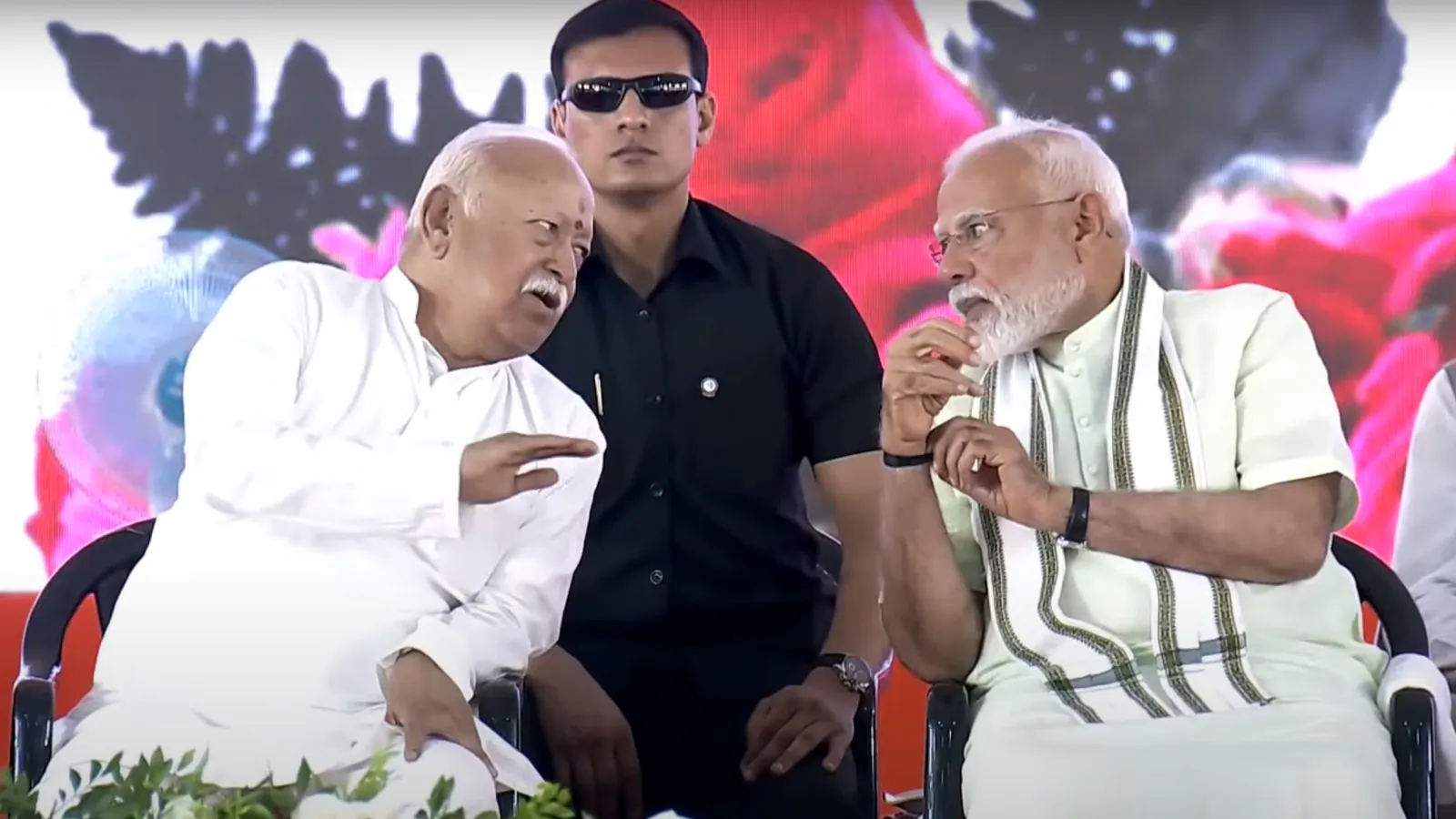
Creigh Deeds is not taking his foot off the brake.
The state senator and Charlottesville Democrat is continuing his campaign for answers surrounding the resignation of University of Virginia President Jim Ryan under pressure from the Trump administration Department of Justice over his handling of diversity policies at the school.
After a long list of questions Deeds submitted to the university rector and vice rector went unanswered, Deeds submitted a public records request to the university last Thursday for all communications, meeting records, legal counsel records, DOJ investigation materials, financial records and governance and transparency records related to Ryan’s departure.
The university has repeatedly said it cannot answer Deeds’ questions due to ongoing DOJ investigations, but interim UVa President Paul Mahoney at a board meeting last week said at least two of those investigations have now been closed: one into the university’s response to allegations of antisemitic discrimination and another into race-based admissions practices at the Batten School of Leadership and Public Policy and the McIntire School of Commerce.
“Given that those matters have been resolved and are no longer a reason to withhold information, I would appreciate if you could prove me with documentation,” Deeds wrote Thursday, “including materials about the genesis of the investigation and what led to its conclusion.”
UVa spokeswoman Bethanie Glover confirmed Friday the university received the request and affirmed that the university is “committed to transparency consistent with Virginia law, and to engaging where possible on questions about the university.”
But other investigations into the university are still ongoing, and Glover added that the university is “constrained from discussing ongoing interactions with the Department of Justice until those discussions are completed.”
Deeds previously sent a charged, six-page, 46-question letter to UVa Rector Rachel Sheridan and Vice Rector Porter Wilkinson on Aug. 1 demanding answers and suggesting the pair had some knowledge or played some part in a Trump administration pressure campaign to oust Ryan.
Deeds told The Daily Progress at the time he sent the letter instead of a records request under the Freedom of Information Act because “a FOIA request is more confrontational in my view.”
The university requested an extension to “respond in full,” but after asking for a two-week extension, Washington-based law firm Debevoise & Plimpton wrote to Deeds on behalf of the university saying ongoing discussions with the DOJ prevented it from doing just that.
“Although we would like to correct a number of inaccurate premises and assumptions in your letter, we are duty-bound to place the university’s interests above all else, and we must honor our fiduciary obligation to the university,” the response reads.
Deeds has said that such responses are only making matters worse.
“They’re fueling speculation because they won’t provide enough clarity at all,” Deeds told The Daily Progress on Sept. 8. “They’re fueling speculation that they might claim is unjust, but if it’s unjust, deny it, tell us the truth. That’s all we’re asking for.”
Confidence in UVa leadership has eroded since Ryan’s exit, with the UVa Student Council and Faculty Senate as well as the university chapters of the United Campus Workers of Virginia and the American Association of University Professors all passing votes of no confidence in the governing Board of Visitors.
Abigail Spanberger, the Democratic nominee for governor and a former 7th District representative, visited UVa last Tuesday and told an assembled audience that changes are needed to how Virginia’s college boards are appointed. The current system is making those boards vulnerable to federal overreach when board members are unwilling to push back, she said.
“Unfortunately, UVa is the example where we saw weaknesses in the system that we have here in Virginia,” Spanberger said of the debacle, without elaborating on what changes could be made to avoid future courtroom drama.
The governor of Virginia appoints members to Virginia’s college boards for four-year terms. The appointments are staggered throughout the governor’s own four years in office, so that by the end of the governor’s single term, college boards are, ostensibly, fully appointed by the last governor before the next one takes office. Appointments must be confirmed by lawmakers in the General Assembly, though board members may take their seats while they await approval.
That last step in the process has been a point of contention between Democrats and Republicans in Richmond.
Democratic lawmakers took Republican Gov. Glenn Youngkin to court in June after a state Senate committee refused to approve Youngkin’s recent slate of college appointments. Democratic committee members claim that means those appointments can not be seated, but Youngkin and Republican Attorney General Jason Miyares claim that the full General Assembly and not a single committee can nix appointments.
Every member of UVa’s board has been appointed by Youngkin.
David Velazquez (919) 612-7026
david.velazquez@dailyprogress.com
@velazqdave on X
Want to see more like this?
Get our local education coverage delivered directly to your inbox.
* I understand and agree that registration on or use of this site constitutes agreement to its user agreement and privacy policy.
David Velazquez
Government & Politics Reporter
Get email notifications on {{subject}} daily!
Your notification has been saved.
There was a problem saving your notification.
{{description}}
Email notifications are only sent once a day, and only if there are new matching items.
Followed notifications
Please log in to use this feature
Log In
Don’t have an account? Sign Up Today



